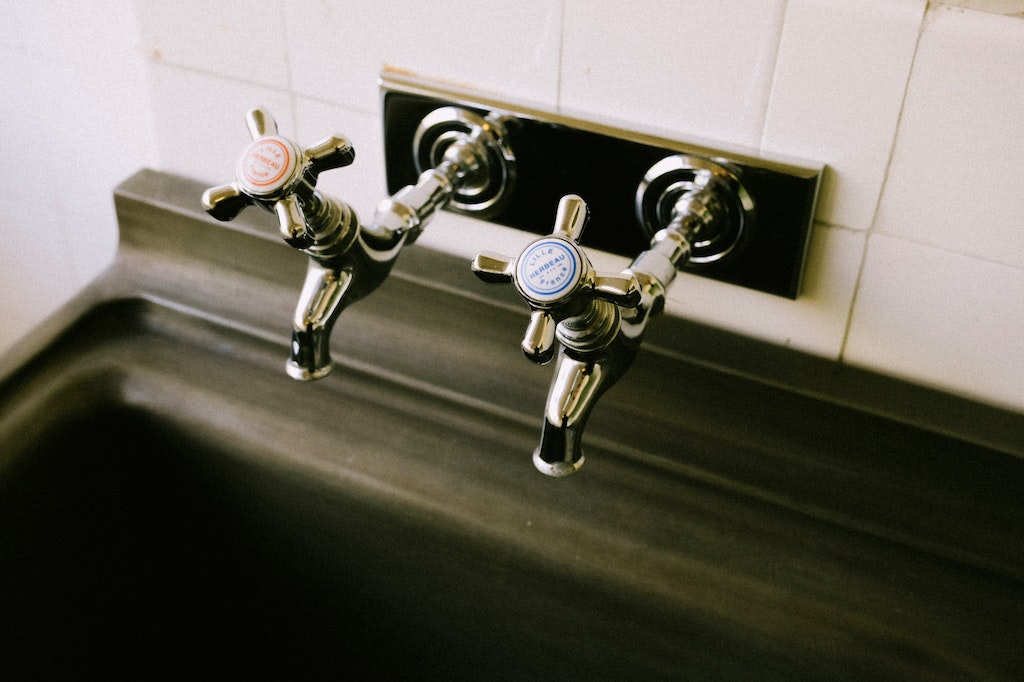
The plumbing industry has historically played a vital role in maintaining public health and safety. However, traditional plumbing practices can have a significant impact on the environment, from water waste to chemical pollution. Fortunately, technological advancements are providing sustainable solutions that help mitigate these issues.
In this blog post, we will delve into the environmental impact of plumbing and how innovative tech solutions, including those related to drain cleaning, are promoting sustainability and a greener future.
Green Drain Cleaning Solutions
Traditional drain cleaning methods often involve the use of harsh chemicals that can be harmful to the environment. These chemicals can contaminate local water sources and damage ecosystems.
To mitigate this issue, many plumbing professionals are turning to eco-friendly drain cleaning in Columbus, such as hydro jetting and enzymatic drain cleaners.
These methods effectively clear clogs without the need for harmful chemicals, promoting a healthier environment and safer water sources.
Water-Saving Fixtures
One of the most straightforward ways to reduce the environmental impact of plumbing is by implementing water-saving fixtures in homes and businesses.
Low-flow toilets, faucets, and showerheads use significantly less water than their traditional counterparts, helping to conserve this precious resource.
In addition to benefiting the environment, water-saving fixtures can also lead to substantial savings on water bills for homeowners and businesses.
Smart Water Management
Smart water management systems are another technological advancement that is transforming the plumbing industry. These systems can monitor water usage in real-time, allowing homeowners and property managers to identify leaks or excessive water consumption quickly.
By addressing these issues promptly, smart water management systems can minimize water waste and reduce the strain on local water supplies.
Graywater Recycling Systems
Graywater refers to the relatively clean wastewater produced by sinks, showers, and washing machines. By installing a graywater recycling system, homeowners can reuse this water for purposes like flushing toilets, watering plants, or even washing cars. Recycling graywater not only conserves water but also reduces the burden on municipal wastewater treatment facilities.
Pipe Rehabilitation Technologies
Old and damaged pipes can lead to significant water loss through leaks, impacting both the environment and property owners’ wallets. Pipe rehabilitation technologies, such as trenchless pipe repair and cured-in-place pipe lining, offer environmentally friendly solutions to this problem.
These methods allow for the repair of damaged pipes without the need for extensive excavation, reducing the environmental impact of traditional pipe replacement methods.
Pipe Insulation
Insulating pipes is an often overlooked but highly effective way to conserve energy and reduce the environmental impact of plumbing systems. Properly insulated pipes minimize heat loss, resulting in lower energy consumption for water heating.
Additionally, insulation can help prevent condensation and reduce the risk of pipes freezing during cold weather, minimizing potential water damage and waste.
Solar-Powered Water Heaters
Heating water accounts for a significant portion of a home’s energy consumption. By installing solar-powered water heaters, homeowners can harness the sun’s energy to heat their water, reducing their reliance on non-renewable energy sources.
This not only benefits the environment but can also lead to significant savings on energy bills.
Rainwater Harvesting Systems
Rainwater harvesting systems collect and store rainwater for later use, reducing the demand for potable water from municipal supplies.
This water can be used for irrigation, flushing toilets, and even laundry, depending on the level of filtration and treatment applied. By implementing rainwater harvesting systems, homeowners can contribute to a more sustainable water management approach and reduce their environmental impact.
High-Efficiency Boilers and Water Heaters
Traditional boilers and water heaters can be inefficient, leading to wasted energy and higher greenhouse gas emissions. High-efficiency models, however, are designed to minimize heat loss and optimize fuel usage.
By upgrading to high-efficiency boilers and water heaters, property owners can reduce their environmental footprint and save on energy costs.
Conclusion
The plumbing industry is undergoing a transformation as innovative tech solutions pave the way for more sustainable practices. From water-saving fixtures and smart water management systems to eco-friendly drain cleaning methods and advanced leak detection technology, these advancements are helping to reduce the environmental impact of plumbing while promoting resource conservation. By embracing these solutions, homeowners, businesses, and plumbing professionals can contribute to a greener future and ensure that our water resources are managed responsibly and sustainably for generations to come.